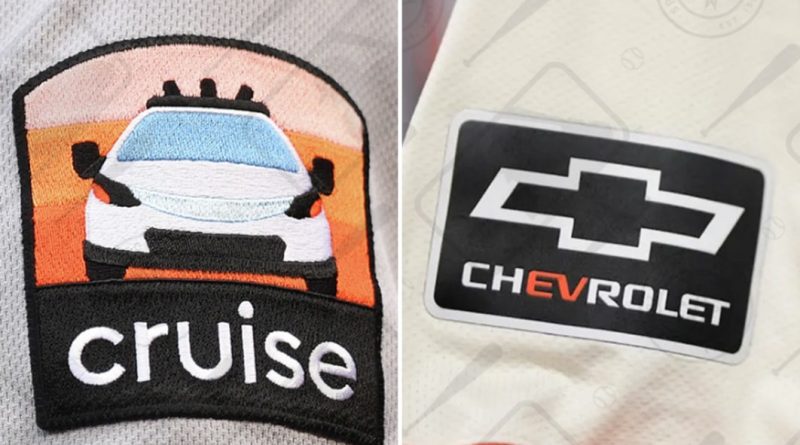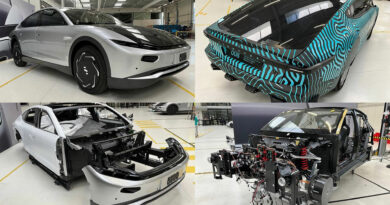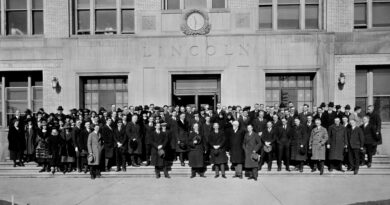GM’s Cruise is off the streets of San Francisco, and off the Giants’ uniforms
General Motors’ Cruise autonomous vehicle division has had a rocky past few months, with high-profile accidents and a suspension of its business activities while it sorted through its issues. The embattled subsidiary is now dropping its sponsorship of its home baseball team, the San Francisco Giants, though the relationship is just transferring to Chevrolet — with a visual emphasis on the “EV” in the name.
“As the 2024 baseball season approaches, Cruise is transitioning our Giants marketing partnership, including rights as the official uniform patch partner, to Chevrolet – keeping it in the GM family,” a GM spokesperson told TechCrunch. “In keeping with our mission to provide safe, reliable, accessible transportation, Cruise remains invested in its shared commitment with the Giants to develop hundreds of electric vehicle chargers in ballpark facilities for event-goers and the public.”
Though that sounds like a solid rebound act for Cruise, it had already planned to install 100 chargers as part of its original deal. A Giants spokesperson noted that the transition was a natural one, saying that they did not know when or if Cruise would return as a sponsor. Chevrolet has had a longstanding relationship with the MLB as the official auto sponsor and has sponsored 14 teams over the past two decades.
Cruise lost its right to conduct operations in California, but recent reports note that it’s gearing up for testing in Texas. Houston and Dallas are part of the conversation, and the company had a small fleet in Austin before the drama began. Cruise said it had not set a firm timeline for the Texas rollout but noted that it planned to start in a single city with supervised testing.
The company slashed 25 percent of its workforce, its CEO resigned, and it hired a new chief safety officer, so the operations could look significantly different than before. Whatever the organizational structure, the company acknowledges that it has a long road ahead of it to regain trust from regulators and the public.



